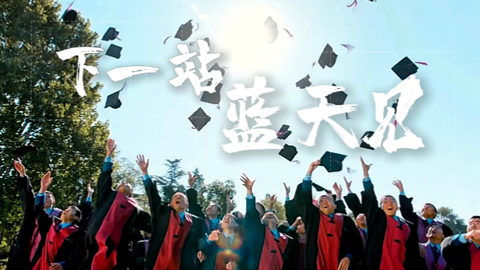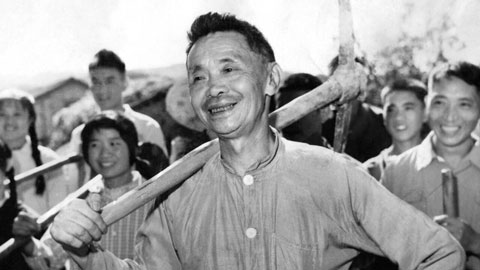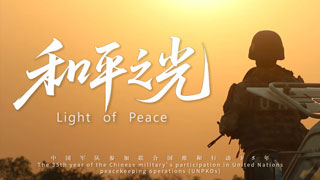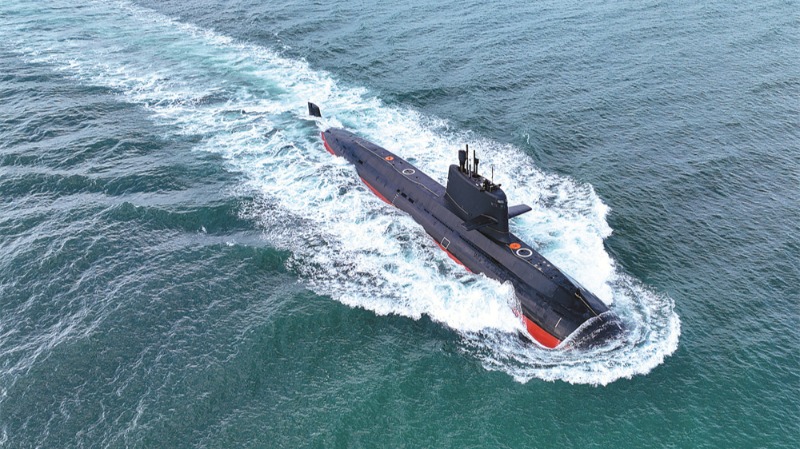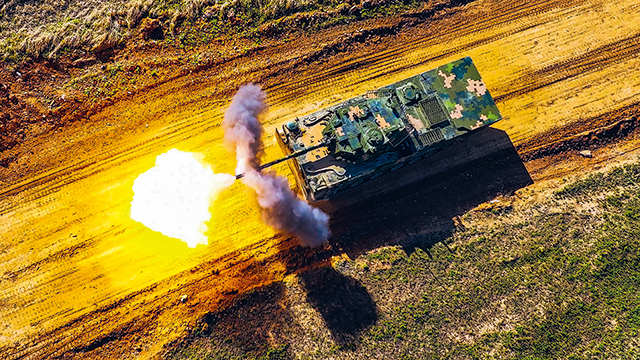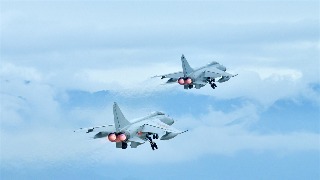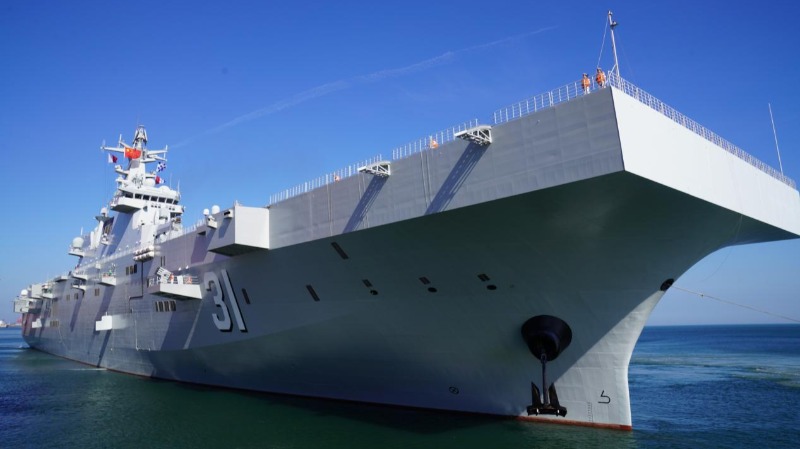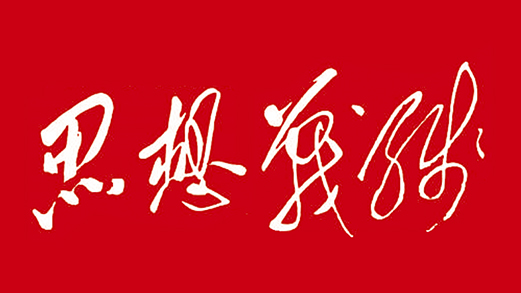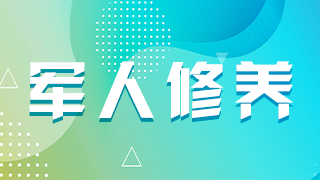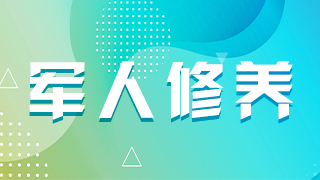By Li Yue
李悦
Indian Prime Minister Narendra Modi recently paid a three-day state visit to the US at the invitation of President Biden, during which the two countries signed a series of defense agreements to propel bilateral mil-to-mil relations. At the joint press conference after the meeting, the two heads of state said the partnership between the US and India is stronger, closer, and more dynamic than any time in history. American media also lauded Modi's visit as a milestone that marked a turning point in bilateral relations.
受美国总统拜登的邀请,印度总理莫迪近日对美国进行了为期三天的国事访问。访问期间,两国签署了一系列国防协议,以推进双方的军事关系。两国领导人在会晤结束后的联合发布会上表示,美国和印度的伙伴关系“比历史上任何时候都要更强大、更紧密、更有活力”。美国媒体也积极造势,称莫迪这次访问美国具有里程碑的意义,是印美两国关系的重要转折点。当下美印关系是否真的已经迎来美方所期待的“转折时刻”?未来印度是否会放弃平衡外交战与美国结盟?
It is known to all that India is one of the world's largest weapon and equipment importers and it has been relying on imports to develop its armed forces. Modi has tried hard to change this situation after he stepped into office, making self-reliance and India-made weapons and equipment the ultimate goal of defense industry development. Yet weapon purchase remained the keyword of his recent US visit.
众所周知,印度是世界上最大的武器装备进口国之一,长期以来,一直依靠引进武器装备来发展自己的军力。莫迪政府上台之后,致力于改变这种状况,他把军备自主、武器装备的“印度制造”作为国防工业发展的终极目标,但是莫迪此次访美却依旧在“买买买”。
Military expert Jin Yi'nan analyzed that although importing American equipment and technology can help enhance the combat capability of Indian troops in the short term, that is like quenching thirst with poison in the long term because it makes New Delhi technologically vulnerable. Once the exporter upgrades its technology or the two countries have a falling-out or conflict, the importer would find itself in a passive position. For a long time, India has been borrowing other countries' strengths – the Soviet Union in the past and the US today – to propel its own rise. It may have taken some advantage, but it will have to pay for it sooner or later.
对此,军事专家金一南分析称,引进美国的装备和技术短期内对印度军队的战斗力提升会有所帮助,但实际上无异于饮鸩止渴。因为从技术上很容易被别人“卡脖子”,被引进技术的国家一旦进行技术升级,或者两国之间的关系破裂,抑或是两国之间发生冲突,都会受制于人。长期以来,印度很少通过自力更生、奋发图强来发展自己,他总是想借力发展,过去借苏联的力,今天又想借美国的力,来完成自己的崛起。现在确实占了一些便宜,但将来会吃大亏。
The US has become more active in roping in India recently. Before Modi's visit, US Defense Secretary Lloyd Austin and National Security Advisor Jake Sullivan visited India successively and talked with senior Indian officials. Then Modi was received with great fanfare in the US, and gave a speech at the Congress, which was taken by the media as a sign of substantial progress in bilateral ties.
近段时间,美国加大了对印度的拉拢力度。在莫迪访美之前,美国国防部长奥斯汀、总统国家安全事务助理沙利文就先后到访印度,展开了一系列密集的高层接触。莫迪此次访美,受到美方最高礼遇的接待,受邀在美国国会演讲,阵仗之大着实超过以往,因此被媒体评价为印美关系出现实质性的飞跃。
According to Jin, the US is so eager to bring India to its side because it wants India to be its cat's paw against China. The multiple deals reached by the two sides this time on military and high-tech domains have something in common – whatever technology the US blocks from China, it promises to provide to India, including chips, aviation engines, UAVs, and other cutting-edge technologies. In the meantime, Washington's cozying up to New Delhi is also intended to drive a wedge between India and Russia, which have enjoyed a close relationship not only in military trade, but also in political and economic areas. Therefore, Washington has committed a lot of "baits" to India. That has taken some effect so far given India's change of attitude.
金一南认为,美国不遗余力地拉拢印度,一方面想把印度当作对抗中国的“一支枪”,这次美印双方在军事和高科技领域达成多项交易有一个共性,即凡是美国对中国封锁的技术,美国都承诺向印度提供,包括芯片、航空发动机、无人机等最先进的技术;另外一方面也有“离间”印俄关系之意,印度与俄罗斯的关系非常密切,不仅是在军贸方面,还包括政治和经济等方面,所以美国向印度允诺了很多“好处”,这些“好处”就是诱饵。从目前看,印度确实有所改变,但今后会不会继续深化,还需继续观察。
Although both the US and India have piled praises upon the outcomes and significance of Modi's visit, public opinions were not so optimistic about the prospects of their mil-to-mil relations, said Jin. Some people commented that the forced friendliness on both sides is just one side of the coin. Washington has overestimated India's role in its "Indo-Pacific strategy" and underestimated New Delhi's strategic independence – it won't be content with being America's strategic tool.
金一南称,虽然美印双方都把这次访问的成果和意义拔得很高,但是舆论对美印军事关系的前景却普遍不看好。有评论称,两国官方努力展示的友好只是硬币的一面,事实上美国既高估了印度在美“印太战略”中的作用,又低估了印度的战略自主性,印度不会甘心充当美国的战略工具。
Judging by the current situation, the likelihood of the US and India elevating their mil-to-mil relationship to an alliance is low because India is aiming for something bigger – to be the leader of Southern countries. These countries, including Brazil, Argentina, South Africa, and some countries in the Middle East and Africa, have been quite indifferent to the Russia-Ukraine conflict because they object to the domineering international order dominated by US-led West. Therefore, India won't be willing to sacrifice the possibility of becoming the leader of Southern countries for a military alliance pact with the US, Jin said.
从目前的形势分析,美印升级为军事同盟的可能性并不大,因为对印度来说还有更大的诱惑。印度一直想做“南方国家”的领袖。这次俄乌冲突,“南方国家”都表现得很冷淡,包括巴西、阿根廷、南非,甚至中东和非洲的一些国家,他们对美西方的霸道、对美西方主导的国际秩序普遍感到反感。所以,金一南指出,让印度为了一纸军事同盟的条约、冒着失去“南方国家”领袖地位的风险,印度应该不会愿意。
In his speech at the US Congress, Modi said India will become the world's third-largest economy many years later, second only to the US and China. Well, it will be a long time before that becomes a reality, and during this time, Modi will make full use of American technology and resources to his own benefit.
此外,莫迪这次在美国国会发表了一段演讲,主要意思是再过若干年,印度将成为世界经济总量第三的国家,仅次于美国和中国。印度要成为世界第三大经济体需要一个非常长的历史时期,在这期间,他有很大的发展空间,他要充分利用美国的技术和资源,完成他的成长。
According to Jin, India used to depend on the Soviet Union for a long time, then Russia, and now it has a foot in both the American and Russian camps. In the future, it may gradually shift the gravity of its loyalty to Washington, but won't seek a complete severance from Moscow as that will undermine its influence among the Southern countries, a price so high that it's unwilling to pay it.
金一南认为,过去印度长期依靠苏联,苏联解体之后又依靠俄罗斯,现在是在美俄之间脚踏两条船。今后印度未来可能会将重心逐渐转移至美国这条船上,但又不会完全从俄罗斯抽身,因为这对他影响太大了,会使他在“南方国家”中的影响力下降。而这个代价对印度来说太大,印度不会这么做。
Editor's note: Originally published on cnr.cn, this article is translated from Chinese into English and edited by the China Military Online. The information and opinions in this article do not necessarily reflect the views of eng.chinamil.com.cn.







